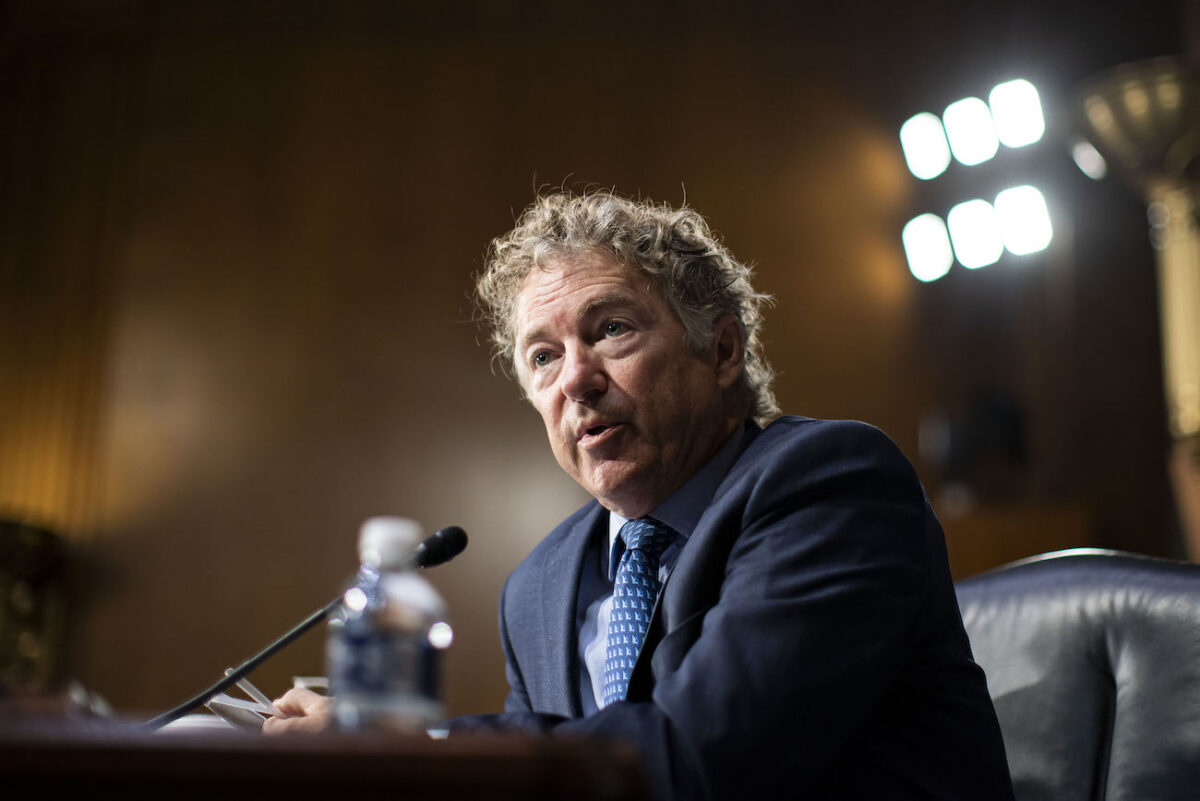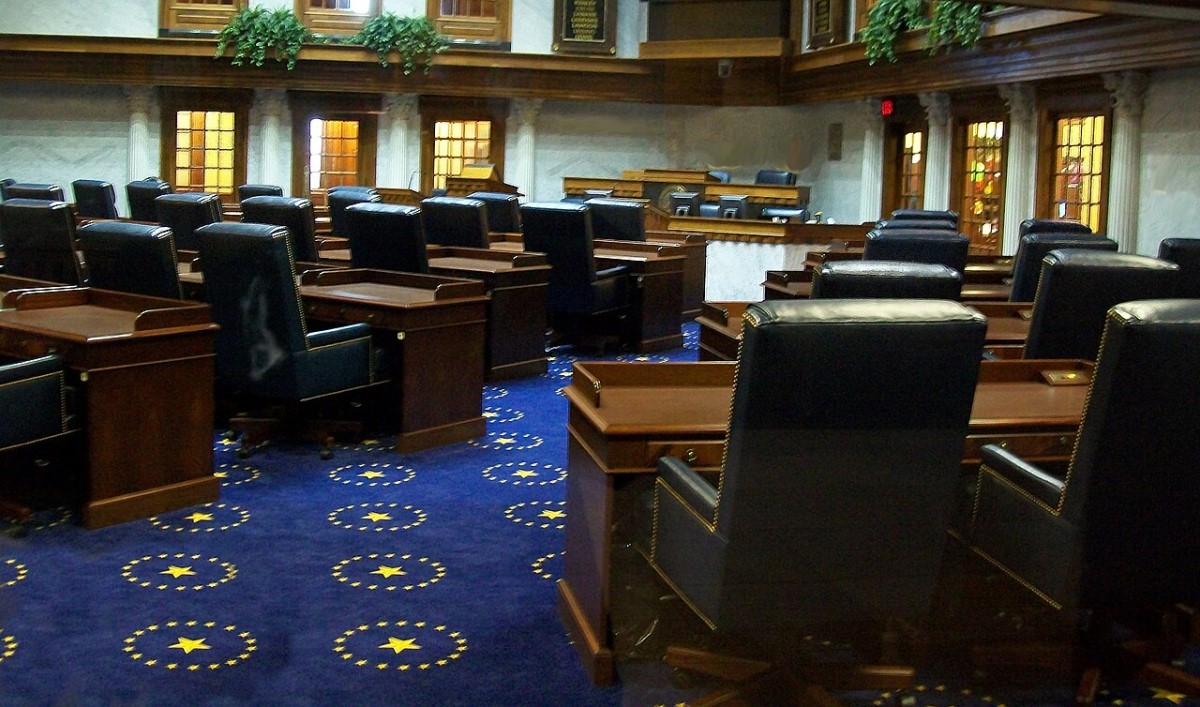What’s the Plan After Senate Approves Debt Ceiling Bill?
Senate Passes Debt Ceiling Agreement, Preventing First-Ever Default
The U.S. Senate has passed the Fiscal Responsibility Act with a vote of 63-36, preventing the nation’s first-ever default. The bill, crafted by President Joe Biden, House Speaker Kevin McCarthy (R-Calif.), and their teams of negotiators, suspends the debt limit through Jan. 1, 2025, and imposes caps on defense and non-defense discretionary spending enforced by sequestration.
Despite warnings against delaying the bill with amendments, lawmakers introduced 11 amendments to the debt ceiling bill. However, GOP and Democratic leaders aimed to keep the Biden-McCarthy package intact to ensure swift passage without any more hurdles to overcome.
Conservative Senators Express Discontent
Several conservative senators expressed discontent throughout the day over the bill. Sen. Rand Paul (R-Ky.) proposed a “conservative alternative” to the Biden-McCarthy plan on May 30, telling The Epoch Times that “there aren’t enough conservatives in the Senate” to enact fiscal reforms.

Sen. Mike Lee (R-Utah) told reporters on Capitol Hill that House Republicans are trying to make the fiscal package appear that “it does more than it does.”
Sen. Bernie Sanders (I-Vt.) confirmed on May 30 that he would not vote for the debt ceiling deal, calling it “totally unnecessary.” Senator Marsha Blackburn (R-Tenn.) believes the deal will not adequately address “wasteful spending and government overreach.”

First Step in Restoring Fiscal Discipline
Despite the discontent, GOP leaders have insisted that the fight to restore fiscal discipline in the nation’s capital is just getting started, with the debt limit deal being the first step.
Lightning Speed
Since the Biden-McCarthy debt limit proposal was announced during the Memorial Day long weekend, the bill has traveled through Congress at a rapid pace. It first cleared a key hurdle in the House Rules Committee, allowing the package to go to the House floor for a debate and vote. The Fiscal Responsibility Act then passed the House with a vote of 314 to 117. Seventy-one Republicans and 46 Democrats voted against the bill.
After passing in the upper chamber, the legislation will head to the president’s desk. He is expected to sign it into law.
Key Points:
- The U.S. Senate passed the Fiscal Responsibility Act with a vote of 63-36, preventing the nation’s first-ever default.
- The bill suspends the debt limit through Jan. 1, 2025, and imposes caps on defense and non-defense discretionary spending enforced by sequestration.
- Several conservative senators expressed discontent throughout the day over the bill.
- GOP leaders have insisted that the fight to restore fiscal discipline in the nation’s capital is just getting started, with the debt limit deal being the first step.
" Conservative News Daily does not always share or support the views and opinions expressed here; they are just those of the writer."





Now loading...